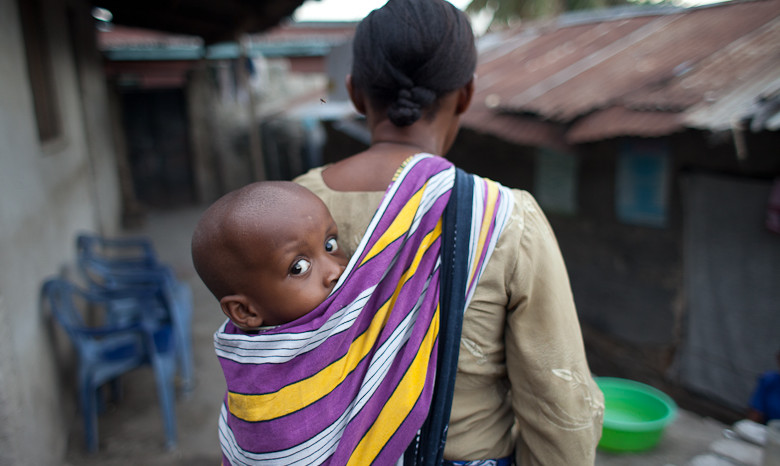Lame Excuse: Rubio Cuts Off Funding to the United Nations Population Fund (UNFPA)

Today, Senators Chris Coons (D-DE) and Susan Collins (R-ME) introduced the Reach Every Mother and Child Act, which commits the U.S. to work with global partners to end preventable maternal, newborn, and child deaths within a generation by scaling up the most effective, evidence-based interventions.
And that last part—the most effective, evidence-based interventions—is the part that needs unpacking.
While we have nearly halved maternal mortality over the past two and a half decades, 289,000 women worldwide still die each year as a result of pregnancy and childbirth—nearly eight percent of which result from unsafe abortion. As mortality has declined, disparities have become more apparent. The risk of death is disproportionately highest among the most vulnerable women in the poorest of nations.

USAID laid out a roadmap to take aggressive action to save 15 million children’s lives and 600,000 women’s lives by 2020 in its 2014 report, Acting on the Call: Ending Preventable Child and Maternal Deaths. To achieve these results, USAID is focusing on 24 countries—primarily in sub-Saharan Africa and South Asia—where 70 percent of maternal deaths worldwide occur and half of the unmet need for family planning is found.
One of the keys to ensuring women and girls have the best possible maternal health outcomes is to provide complete access to the tools and high-quality care, counseling, information, education, and services needed to time and space their pregnancies. That means prioritizing investments in contraceptive services.
If 100% of the need for modern contraceptive services were met in the developing world it could avert:
While this bill is a step in the right direction, we need to be much more proactive and bolder if we are to meet the demands of maternal health—and by extension, women’s health.
Given the staggering statistics and the work that remains, we need to encourage the introduction of legislation and the enactment of policies that fully support and fund universal access to reproductive health services. We know that meeting the unmet need for contraception would alone reduce annual maternal deaths by nearly 60 percent, but the question remains: do we have the political courage to save those women’s lives?
We are fighting back against the onslaught of harmful policies that discard reproductive rights.
Stay informed about the issues impacting sexual and reproductive health and rights.
